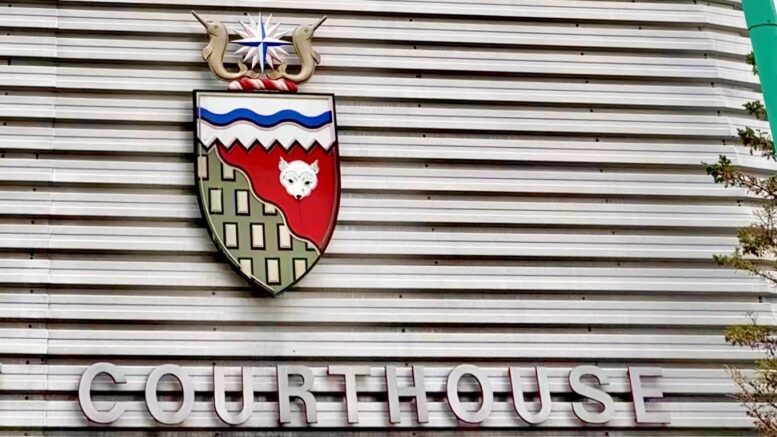A Behchokǫ̀ man charged with murder wanted to be tried by a jury of his peers in his home community.
However, while it now has a suitable venue for such a trial – its new cultural centre – the Crown remained concerned over being able to find an impartial panel in the community of 1,740 people.
Zakk Lafferty, 25, faces one charge of second-degree murder after a 17-year-old male was found seriously injured at a residence in the community on August 4, 2023.
The teenager was later declared deceased in Stanton Territorial Hospital.
Crown prosecutor Brendan Green told a Supreme Court scheduling hearing this week that a Behchokǫ̀ jury had not been successfully selected in over a decade for various trials, despite three attempts.
“So frankly, the idea that this is going to be the case for success of empaneling a jury, seems to be unrealistic, and so the Crown maintains its position that the trial should be held in Yellowknife,” he said.
The main problem for jury trials being conducted outside of Yellowknife or regional hubs is the inability to find jurors of the age of majority who aren’t compromised by being related or close friends with either the offender, victim or both.
Calgary defence lawyer Kimberly Arial held firm with her client’s preference to be tried in his home community.
“I had an opportunity to speak with Mr. Lafferty and confirm that it is still his wish for the trial to proceed in Behchokǫ̀,” she said, noting he has elderly relatives and other supports in the community who want to attend the trial.
“I note, as my friend pointed out, there hasn’t been a jury successfully empaneled in some time, but in these particular circumstances, Mr. Lafferty is hoping that it can be held in the community in which this occurred.”
Chief Justice Shannon Smallwood said the rules contemplate having the trial held in the community where the offence is alleged to have occurred – but there can be exceptions made.
In the end, the judge ruled Lafferty’s case would remain in Yellowknife, ordering a voire dire (usually a hearing on admissible evidence) from May 27 to 29, and the trial proper October 6 to 17.





